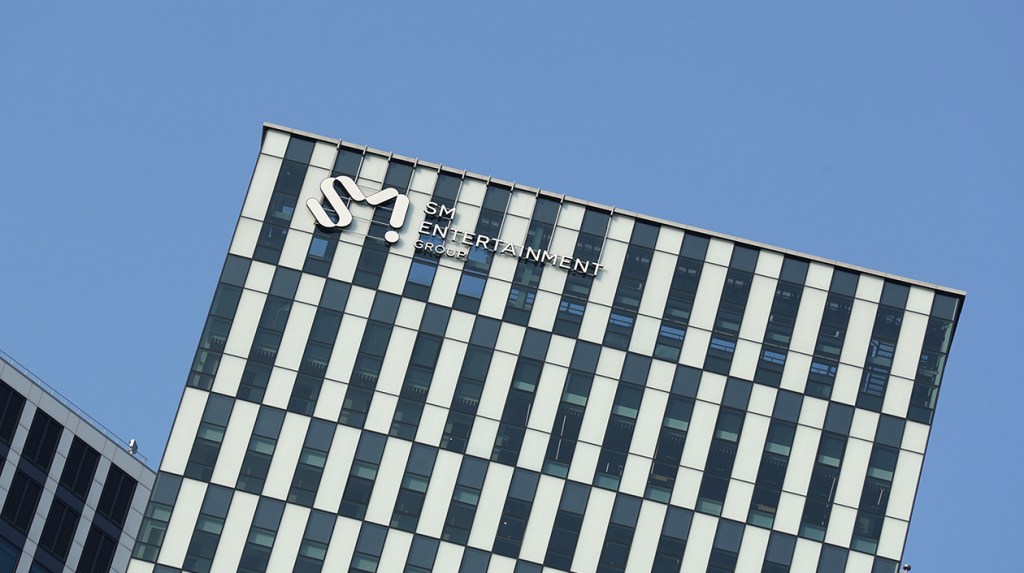Led by SM Entertainment and JYP Entertainment, K-pop stocks soared above other music stocks in a strong week for the overall market. SM, which owns artists such as Red Velvet and aespa, saw its shares rise 13.8% to 78,400 won ($53.76) after news broke on Wednesday (January 15) that the company will launch a new girl group on February 24. Meanwhile, JYP gained 6.7% % to 76,400 won ($52.39), while YG Entertainment and HYBE gained 5.6% and 3.7% respectively.
South Korean pop music companies’ gains have outpaced gains in the country’s overall stock market in recent weeks. South Korea’s four music companies gained an average of 7.5% in the week ended Jan. 17, outpacing a 0.3% gain in the KOSPI Composite Index, a measure of all stocks traded on South Korean exchanges. South Korean stocks have rebounded from lows since the country’s prime minister declared martial law on December 3, leading to political turmoil and market instability in the country. The stock prices of these four K-pop companies have increased by an average of 20.6% since December last year. KOSPI has risen 6.9% since hitting a low on December 9.
The 20-company Billboard Global Music Index rose 4.7% to 2,226.11, its second highest since reaching 2,280.51 on Dec. 6 and the third-highest weekly gain last year. Only 4 of the 20 stocks in the index were in the red, while the rest were all positive for the week. Broadcasters led the way with an average gain of 13.3%. Multi-industry companies (record labels and distributors such as Universal Music Group and Warner Music Group) rose 4.3%. Live music companies followed, rising 3.6%. Streaming media companies lost an average of 1.1%.
Stocks were boosted by news that the consumer price index, a widely used gauge of inflation faced by consumers, rose less than expected at 3.2% in December. The producer price index, which measures wholesale prices, also rose just 0.2% last month, beating expectations. In the United States, the Nasdaq rose 2.4% to 19,630.20 points; the S&P 500 had its best week since the presidential election, rising 2.9% to 5,996.66 points. Britain’s FTSE 100 rose 3.1% to 8,505.22 points. China’s Shanghai Composite Index rose 2.3% to 3,241.82 points.
iHeartMedia was the best-performing music company this week, rising 23.9% to $2.33 in the absence of major news. The only major public development was Barclays’ announcement via a regulatory filing on Friday that it had increased its stake in the broadcast giant by 513% in the third quarter. Cumulus Media rose 9.1% to $0.84. Satellite radio company SiriusXM, another broadcaster, rose 6.9% to $22.27.
Spotify’s stock price rose 5.7% to $485.53 on Friday after breaking through $500 per share on Thursday (January 16). This was the second time Spotify’s stock price hit the $500 mark in intraday trading. On Wednesday (January 15), UBS raised its target price for Spotify from $485 to $540, and investors responded positively. Then on Friday, Wolfe Research downgraded Spotify to “peer perform” from “outperform,” causing Spotify shares to fall 1%.
Concert promoter Live Nation rose 5.5% to $135.61. The stock peaked at $136.21 on Friday, its highest since Dec. 17 and just 3.5% below its 52-week high of $141.18. Live Nation will co-host a FireAid benefit concert to assist victims of the Los Angeles wildfires. The Azoff family and AEG are also producers of the concert, which will be held on January 30 at the Kia Forum and Intuit Dome.
Abu Dhabi-based music streaming company Anghami’s shares fell 10.3% to $0.70, becoming the worst-performing stock this week; French music streaming company Deezer’s shares fell 5.3% to 1.24 euros ($1.28); LiveOne shares fell 5.3% to 1.24 euros ($1.28); LiveOne shares fell 1.7% to $1.18. LiveOne announced on Thursday that it has reached 500,000 Tesla users and plans to reach 550,000 Tesla owners on February 1, including 150,000 new ad-supported subscribers.

